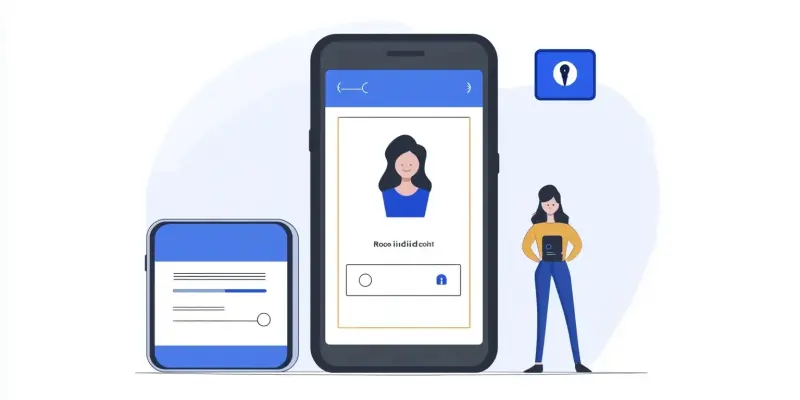As remote work becomes increasingly common and integral to business operations around the globe, the necessity for robust identity verification and onboarding solutions has never been greater. Companies face the dual challenges of preventing fraud while complying with stringent regulatory requirements. In this context, businesses like Sumsub and Signzy have emerged as leaders, offering advanced technological solutions to secure and streamline the onboarding process for remote employees and contractors.
The Rise of Fraud and The Need for Advanced Solutions
The Growing Threat of Identity Fraud
With the increase in remote work, there is a commensurate rise in identity fraud. The report reveals that identity fraud attacks on businesses have grown significantly, from 1.1 percent in 2021 to 2.6 percent in 2024. This sharp rise underscores the growing sophistication of fraudulent activities, which now include the use of VPNs, fake IDs, multiple devices by a single applicant, and even deepfake videos. Organizations unprepared for these evolving threats risk substantial financial losses and operational disruptions.
To combat these challenges, Sumsub has partnered with Telus Digital to provide a comprehensive technology stack designed to enhance security during remote employee onboarding. This partnership leverages phone and email verification, IP risk assessment, and optical character recognition (OCR) for ID verification. The emphasis is on creating a multilayered defense capable of detecting diverse fraudulent methods, thereby ensuring the legitimacy of remote workforce applicants. By integrating these advanced measures, companies can mitigate the risk of identity fraud and maintain the integrity of their operations.
Telus Digital’s Approach to Onboarding Security
Telus Digital recognizes that the landscape of fraud is continually evolving, requiring sophisticated security measures to stay ahead of potential threats. To this end, they have integrated Sumsub’s solutions, which include biometric liveness detection with capabilities to identify deepfakes. This technology ensures that not only are the applicants’ credentials verified, but their real-time presence and authenticity are also confirmed. Such measures help in preventing deceitful actors from infiltrating the company’s remote workforce.
The adoption of these advanced security protocols helps Telus Digital maintain cost efficiency and scalability while safeguarding its operations from internal and external threats. By employing biometric and deepfake detection technologies, the company reinforces its commitment to secure and reliable remote work environments. Moreover, these robust security measures foster trust among employees and clients, essential for sustaining business continuity and growth in the era of digital transformation.
Implementing Technology in Fraud Prevention
ONEngine.ai and Signzy’s Biometric Integration
In parallel with Sumsub’s initiatives, ONEngine.ai has collaborated with Signzy to integrate biometric identity verification and onboarding solutions for employees, contractors, and gig workers. This collaboration addresses the legal and compliance needs of businesses, ensuring they meet Anti-Money Laundering (AML) and data protection regulations. Signzy’s APIs facilitate real-time checks of Social Security Numbers (SSNs), government-issued IDs, biometrics, and Employer Identification Numbers (EINs).
The real-time nature of these checks is integral to the security of the onboarding process. By enabling instantaneous verification, businesses can promptly identify and mitigate potential risks, ensuring that the individuals they hire are who they claim to be. This technology is crucial in preventing security breaches that could result from negligent hiring practices, such as unknowingly employing individuals from sanctioned entities like North Korea. Fast and secure onboarding is a significant advantage for maintaining compliance and operational efficiency in dynamic work environments.
Enhancing Scalability and Compliance
As remote work becomes more prevalent and essential to business operations worldwide, the need for strong identity verification and onboarding solutions is at an all-time high. Companies today face the dual challenge of preventing fraud while also adhering to strict regulatory requirements. In response to this need, businesses such as Sumsub and Signzy have risen to the forefront. These companies provide advanced technological solutions designed to secure and streamline the onboarding process for remote employees and contractors. Their services are crucial in ensuring that businesses can operate smoothly and securely in a remote work environment. By leveraging innovative technology, these firms help companies verify identities accurately and comply with regulations, minimizing the risks associated with remote hiring. The solutions offered by Sumsub and Signzy are essential tools for any organization looking to maintain security and efficiency in the increasingly digital and remote business landscape.

